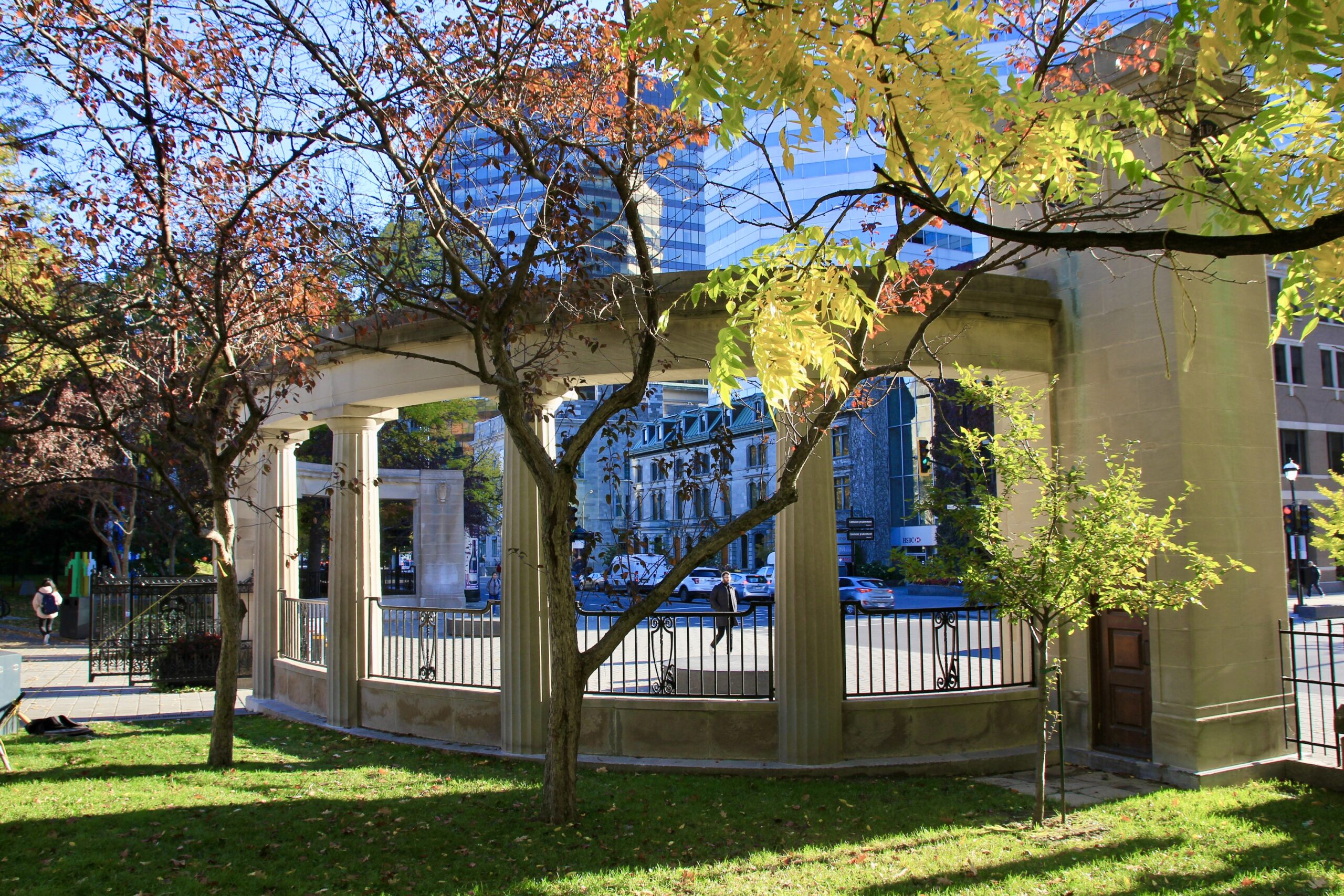
On March 13, the Honourable Pablo Rodriguez, Minister of Transport and Quebec Lieutenant, on behalf of the Honourable François-Philippe Champagne, Minister of Innovation, Science and Industry, and the Honourable Mark Holland, Minister of Health, announced the results of the NSERC Alliance funding competition at the Université de Montréal. Fifty-nine researchers from McGill were selected across a variety of disciplines for NSERC Alliance grants, for a total research investment of $12.6 million. The announcement was part of a suite of national science and research investments.
The announcement was part of a suite of national science and research investments.
“The depth and quality of our researchers is truly breathtaking,” said Benoit Boulet, Associate Vice-President, Innovation + Partnerships. “Each one of the projects on this list is a bold step forward that not only deepens human knowledge but offers solutions to real problems. This is a competitive program, so I celebrate the success of my colleagues and praise their ingenuity.”
Social impact and innovative science
Professor Ali Seifitokaldani in the Department of Chemical Engineering received $1.5 million (to be distributed over three years) for his project on electrochemical CO2 reduction reaction. With growing concern at the rise of atmospheric CO2 levels, finding methods of eliminating this greenhouse gas is critical. Professor Seifitokaldani is proposing a method that utilizes electricity from renewables and that will not only reduce CO2 emissions and produce hydrogen, but also utilize biowastes – a process that has not yet reached commercial scale. Working with several industrial partners, Professor Seifitokaldani aims to scale up the system to a capacity of 50 kW.
Professor Niladri Basu in the Department of Natural Resource Sciences has launched a project to develop NAM-IKs (New Approach Methods – Indigenous Knowledge) that are co-designed by academic researchers and Indigenous partners for use in community-based contaminated sites assessments on-reserve. Compared to non-reserve lands, First Nations reserves across Canada are disproportionately used for commercial and industrial activities that often contribute to a large and growing number of contaminated sites on-reserve. The aim is to address a real-time situation for a site at Kanesatake, Quebec, that has been used as a dumping ground for contaminated materials for over half a century. Using this case as a pilot, the project will aim to develop new methods of practice that are properly designed for use in Indigenous communities, by the communities themselves. Funding for the study is $1,248,000.
